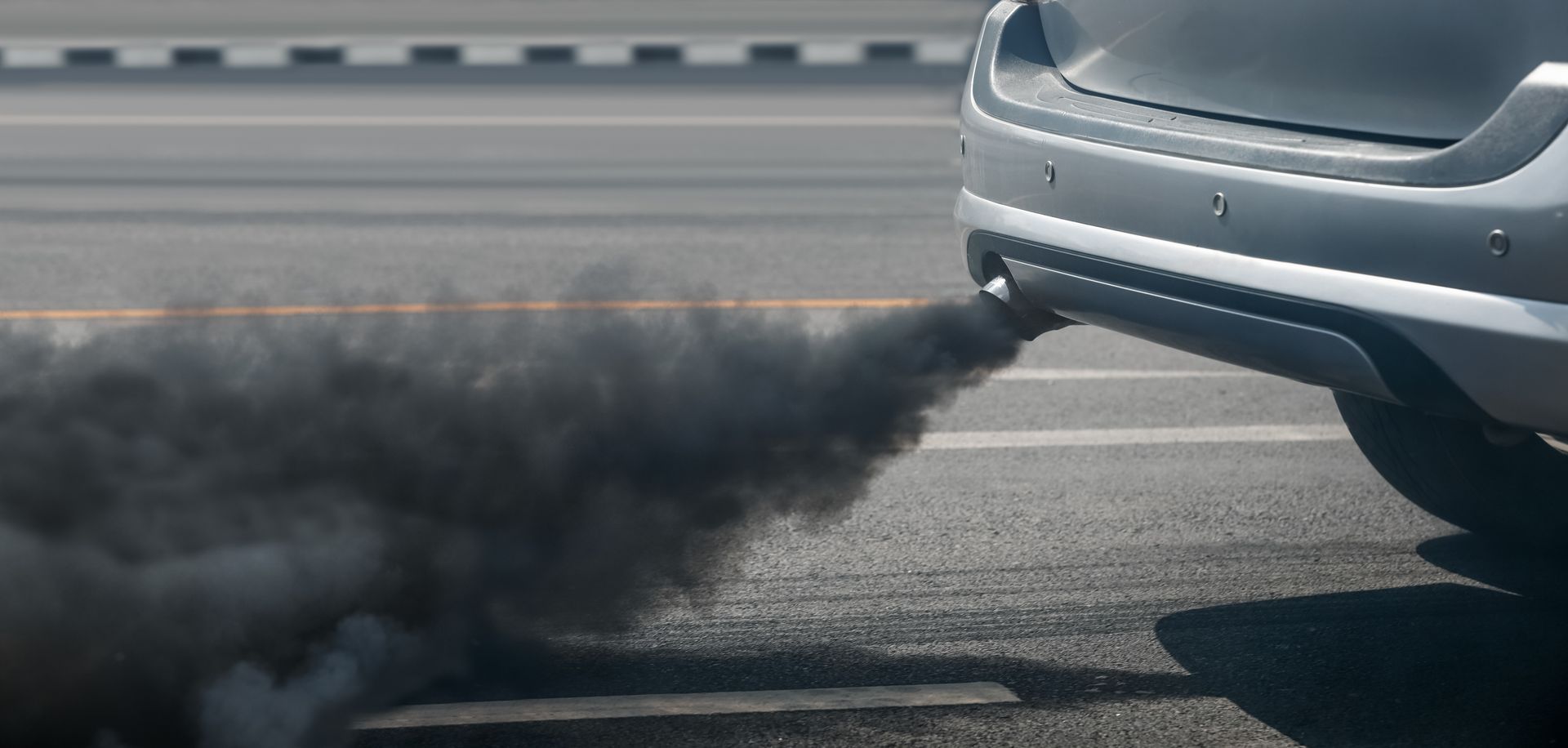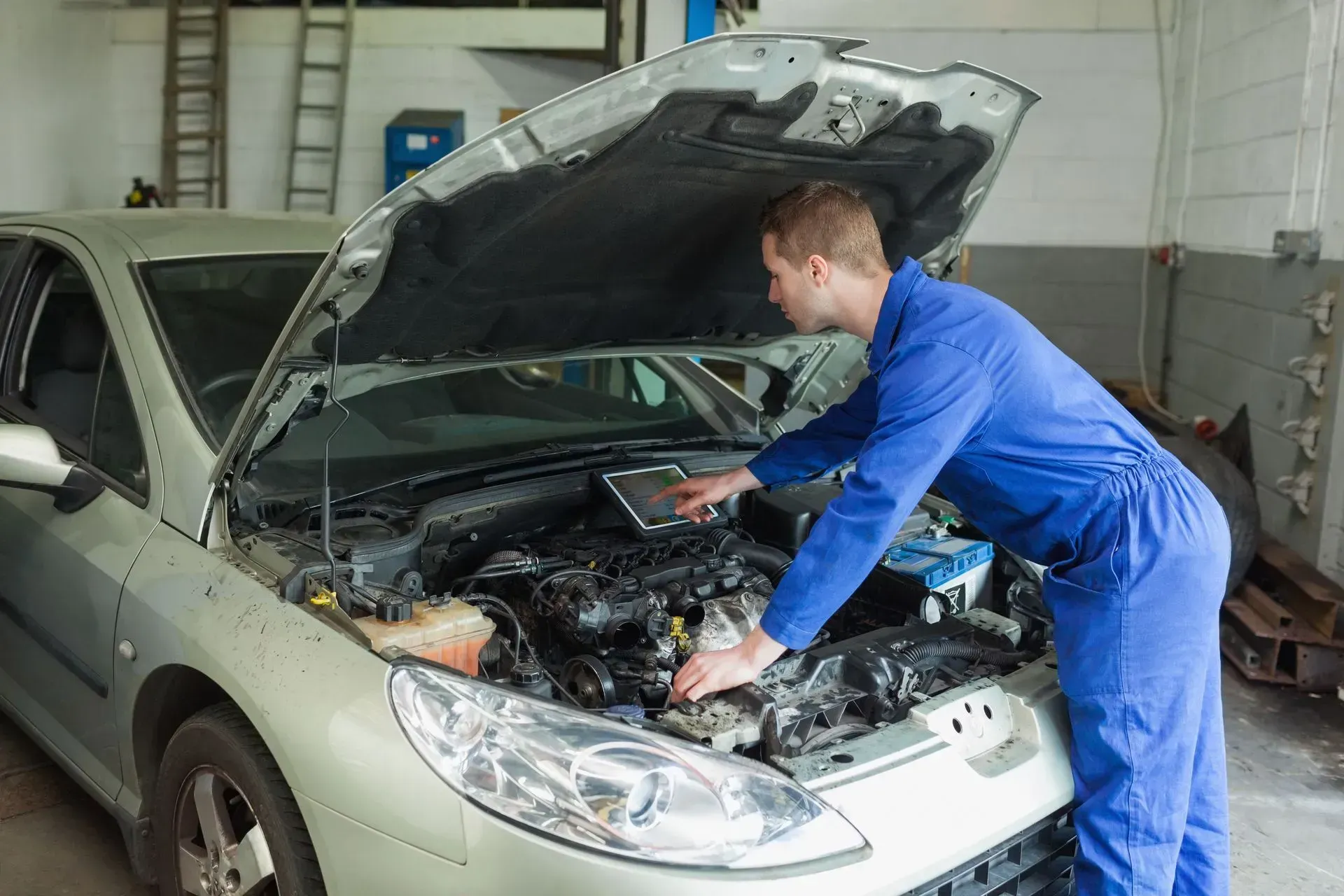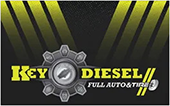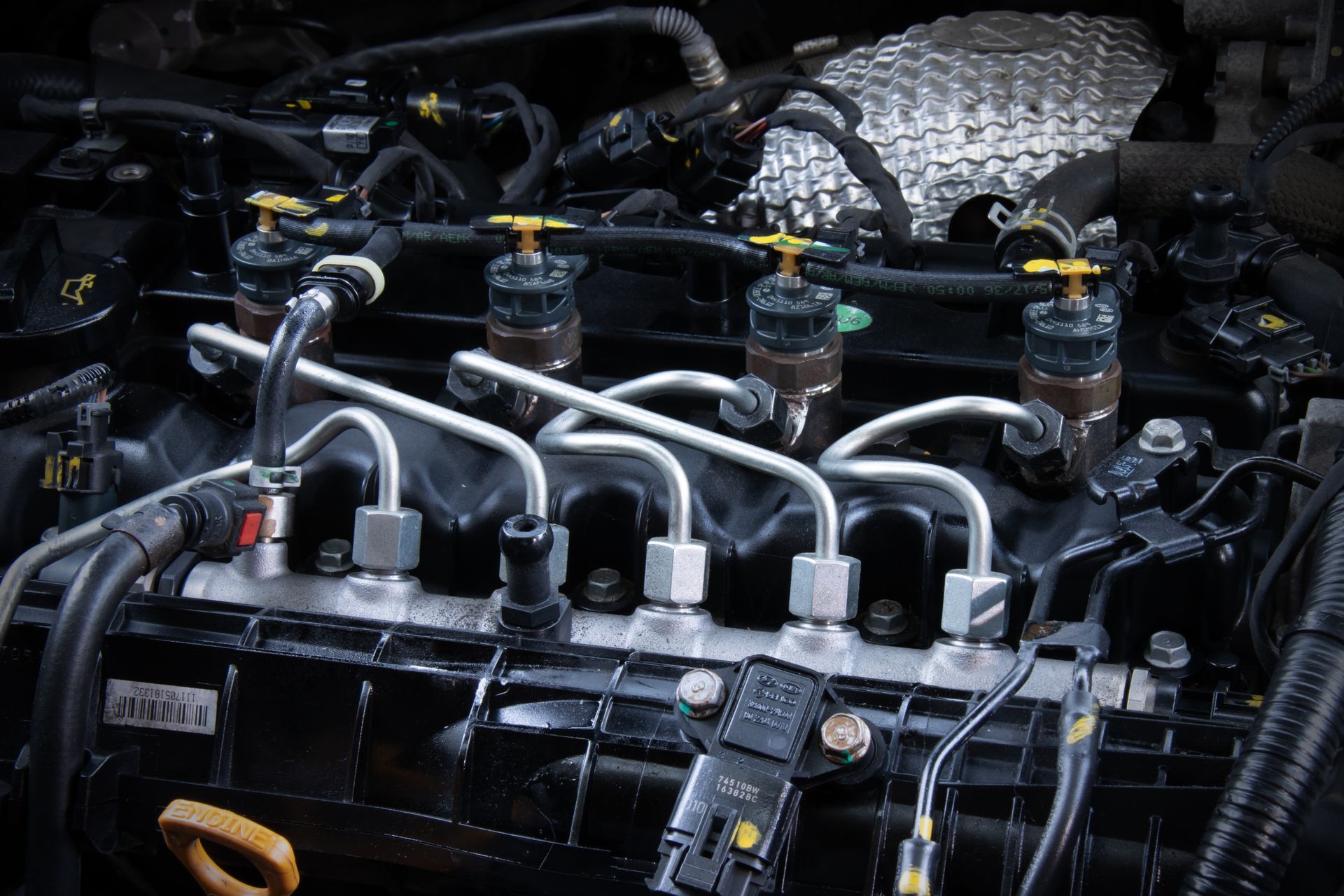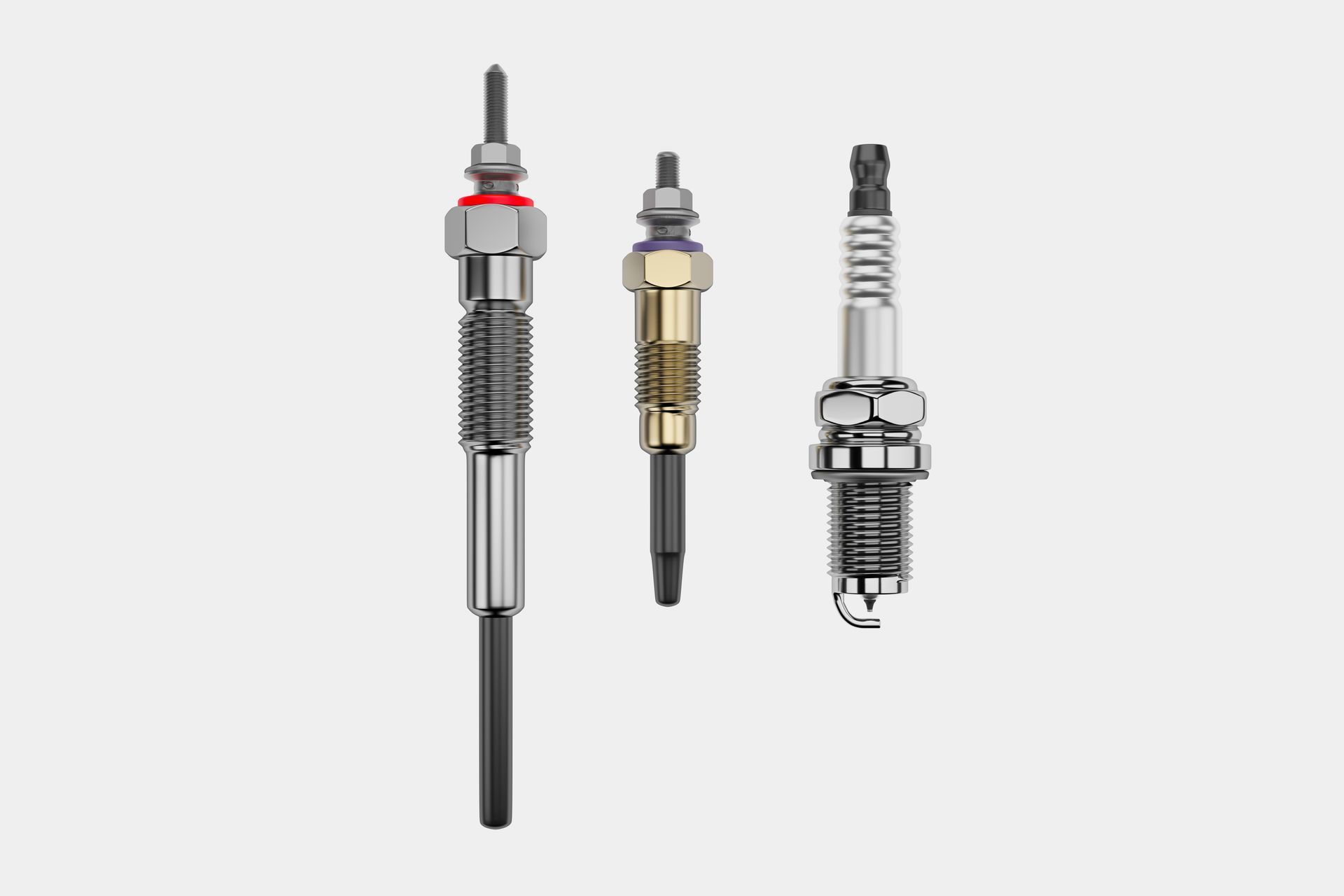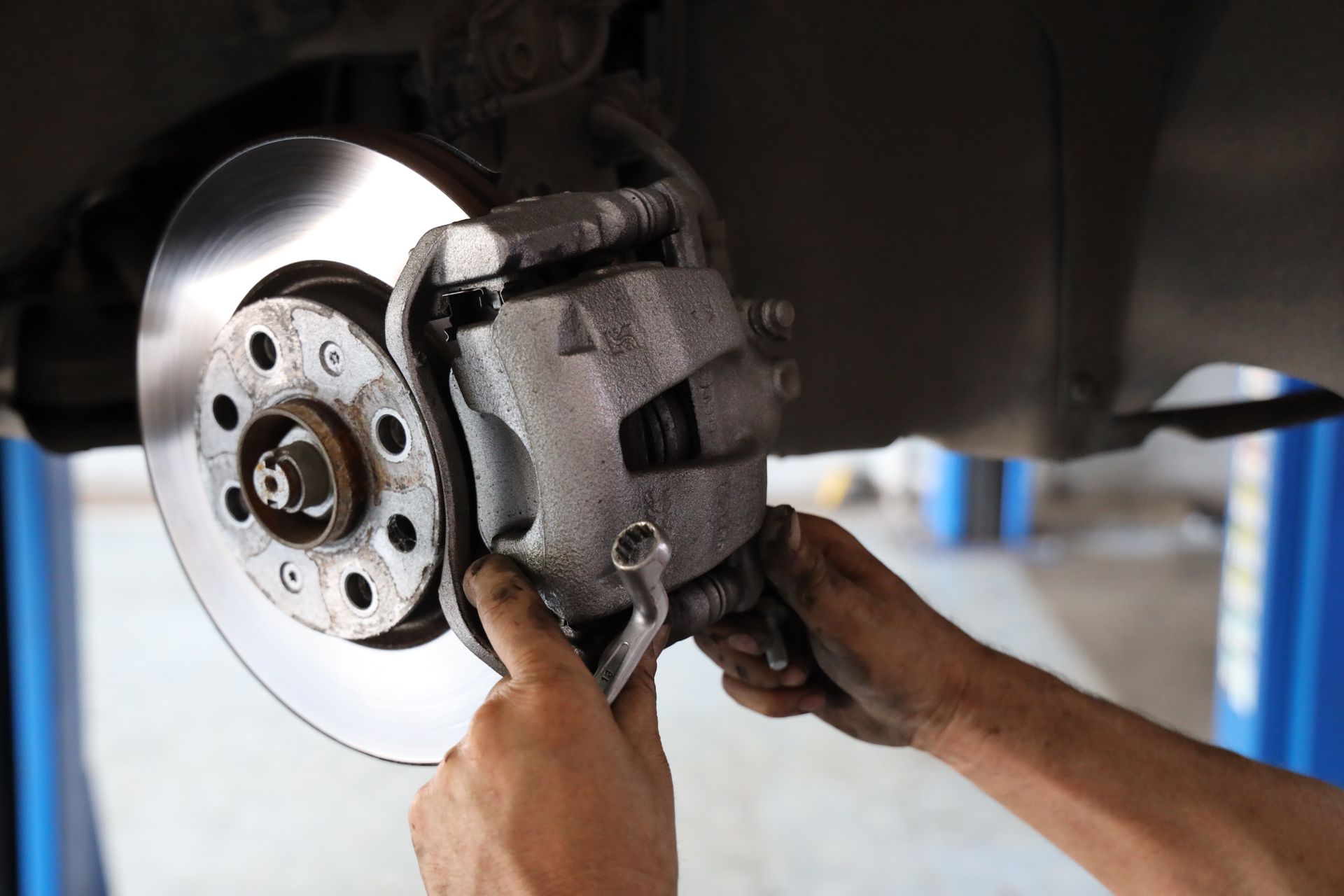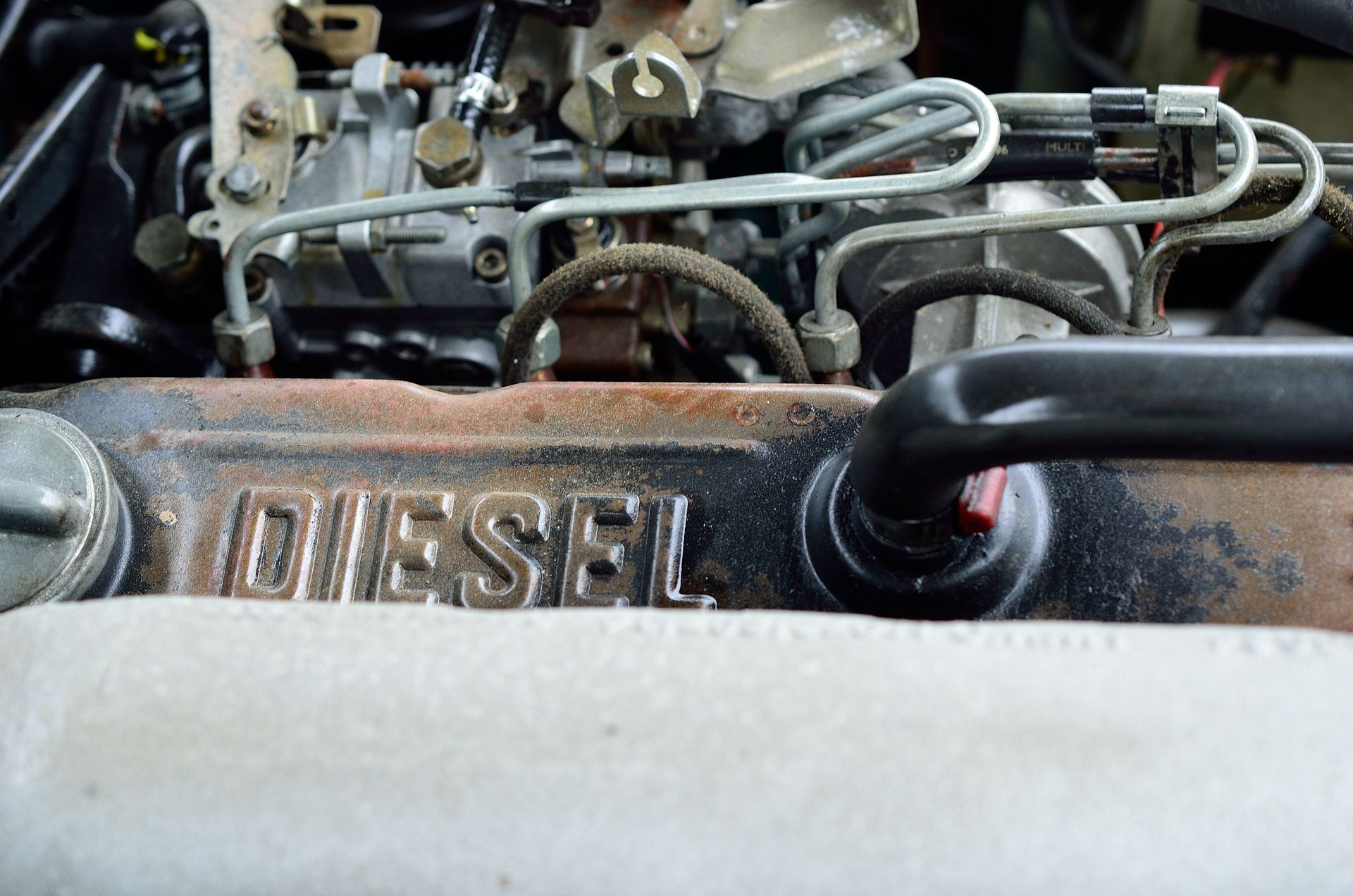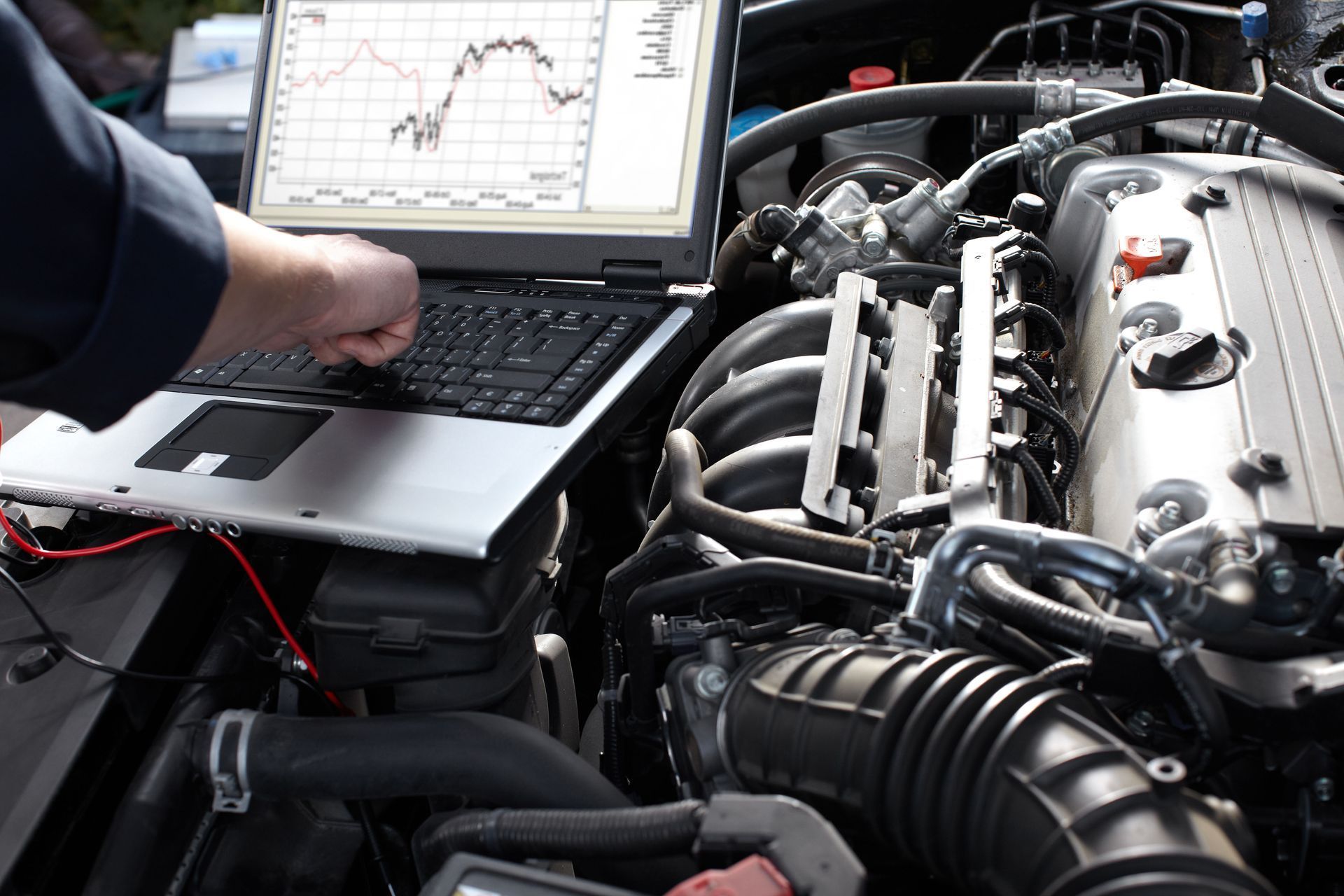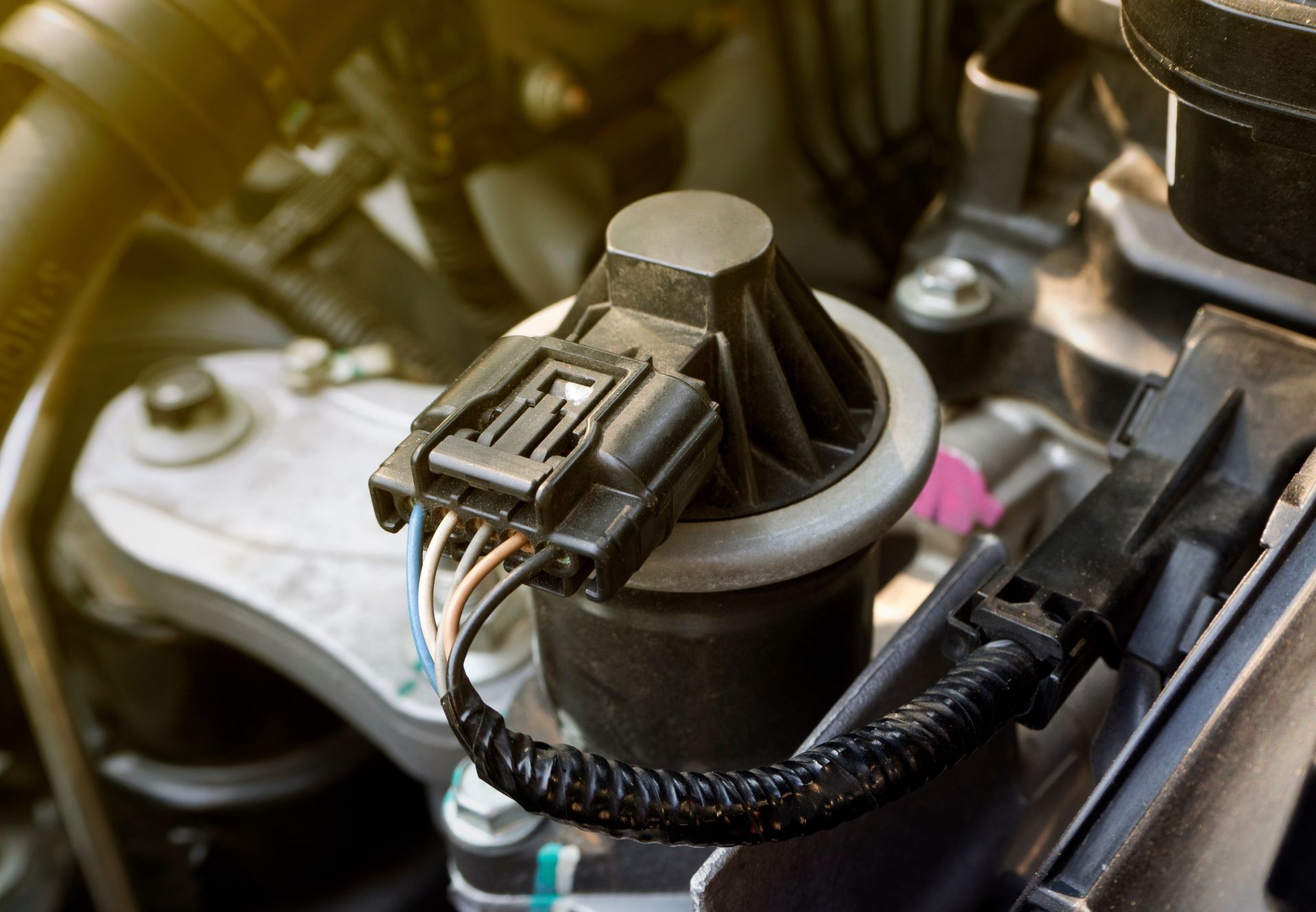Upgrading your turbocharger is one of the most popular ways to boost engine power, especially for diesel trucks and performance enthusiasts. A larger or more efficient turbocharger can increase horsepower, improve throttle response, and provide your vehicle with a satisfying push when accelerating. But with more power comes more pressure—literally. If not done carefully, a turbo upgrade can put extra strain on your engine and other critical components.
Being aware of the risks and requirements associated with turbo upgrades is necessary for anyone considering enhancing their vehicle’s performance.
How a Turbo Works in Your Engine
Turbochargers are designed to force more air into the engine’s combustion chamber, allowing more fuel to be burned and producing more power. They operate using the exhaust gas flow to spin a turbine, which compresses incoming air before it enters the engine.
The more air and fuel you can efficiently combust, the more horsepower you get. That’s why turbo upgrades are so appealing—more boost usually means more performance.
However, with more boost also comes more heat, higher pressure, and additional stress on internal components. That’s why an upgrade must be done with the whole engine system in mind.
Risks of Upgrading Without Proper Support
A common mistake when upgrading a turbo is assuming the rest of the engine can handle the added pressure. Stock engines are designed with specific tolerances. Adding a larger or more aggressive turbo without modifying fuel delivery, cooling, or tuning can lead to serious damage.
Your engine may suffer from excessive heat, poor air-to-fuel ratios, or detonation (uncontrolled combustion). Over time, this can result in:
- Cracked pistons or cylinder walls.
- Blown head gaskets.
- Damaged connecting rods or bearings.
- Overstressed fuel injectors or fuel pump.
These failures often happen not because of the turbo itself, but because the supporting systems weren’t upgraded to handle the increase in power and heat.
Why Engine Tuning Is Critical
After installing a new turbo, your vehicle’s computer system must be tuned to match the new performance setup. This involves adjusting the air-fuel mixture, boost pressure, ignition timing, and, in some cases, transmission behavior.
A proper tune ensures your engine runs efficiently with the new turbo and avoids dangerously lean or rich conditions that could lead to overheating or power loss.
Skipping this step or relying on a generic tune can create performance issues, cause your check engine light to come on, or even damage the engine.
Cooling and Lubrication Systems Matter
More boost creates more heat. Upgraded turbos typically demand better cooling to prevent overheating, especially under heavy loads or during long pulls. If your vehicle still uses a stock radiator, intercooler, or oil cooler, those components may not be able to keep up.
High engine and oil temperatures can break down lubricants faster, reduce engine efficiency, and increase wear on internal parts. Ensuring your oil is of high quality and changed frequently becomes even more important in turbocharged setups.
If your turbo uses oil from the engine for lubrication and cooling—as most do—it's essential that your oil flow is unrestricted and your filter is clean. Any delay in oil flow can damage the turbo bearings and shorten the life of the unit.
Upgrading Fuel and Intake Systems
Adding a bigger turbo typically requires more fuel. Your stock fuel injectors or fuel pump may not be able to deliver enough to match the increased airflow. If your engine runs too lean (too much air, not enough fuel), it can lead to engine knock, misfires, or damage to pistons and valves.
A high-flow air intake and fuel system upgrades are often necessary to support a turbo build. These components ensure a consistent supply of clean air and adequate fuel delivery at all engine speeds and boost levels.
When a Turbo Upgrade Makes Sense
Upgrading your turbo can be a great choice if you’re looking for increased towing capability, better highway acceleration, or improved overall performance. But the decision shouldn’t be made in isolation.
It’s ideal for drivers who already maintain their vehicles meticulously, understand their driving habits, and are ready to upgrade other systems like exhaust, intake, tuning, and cooling to match the new setup.
Without this full-picture approach, the added performance may be short-lived—and expensive to repair.
Get Turbo Upgrade Advice From Key Diesel and Auto Service in Williamston, MI
At Key Diesel and Auto Service, we help our customers make smart, reliable upgrades to their vehicles. If you’re considering a turbo upgrade, our technicians can assess your engine’s condition, recommend supporting modifications, and ensure your vehicle is properly tuned and protected.
Whether you're aiming for more towing power or improved acceleration, we’ll guide you through the upgrade process safely and efficiently. Visit
Key Diesel and Auto Service today and give your turbo project the expert attention it deserves.
